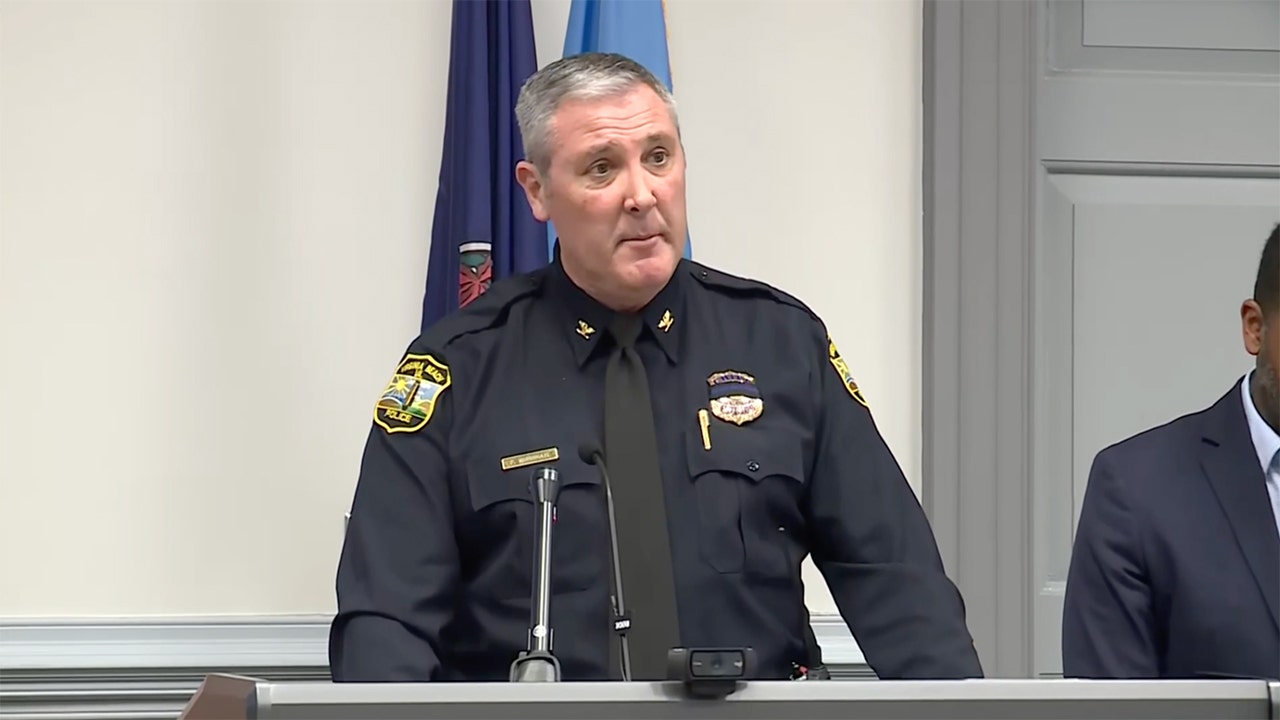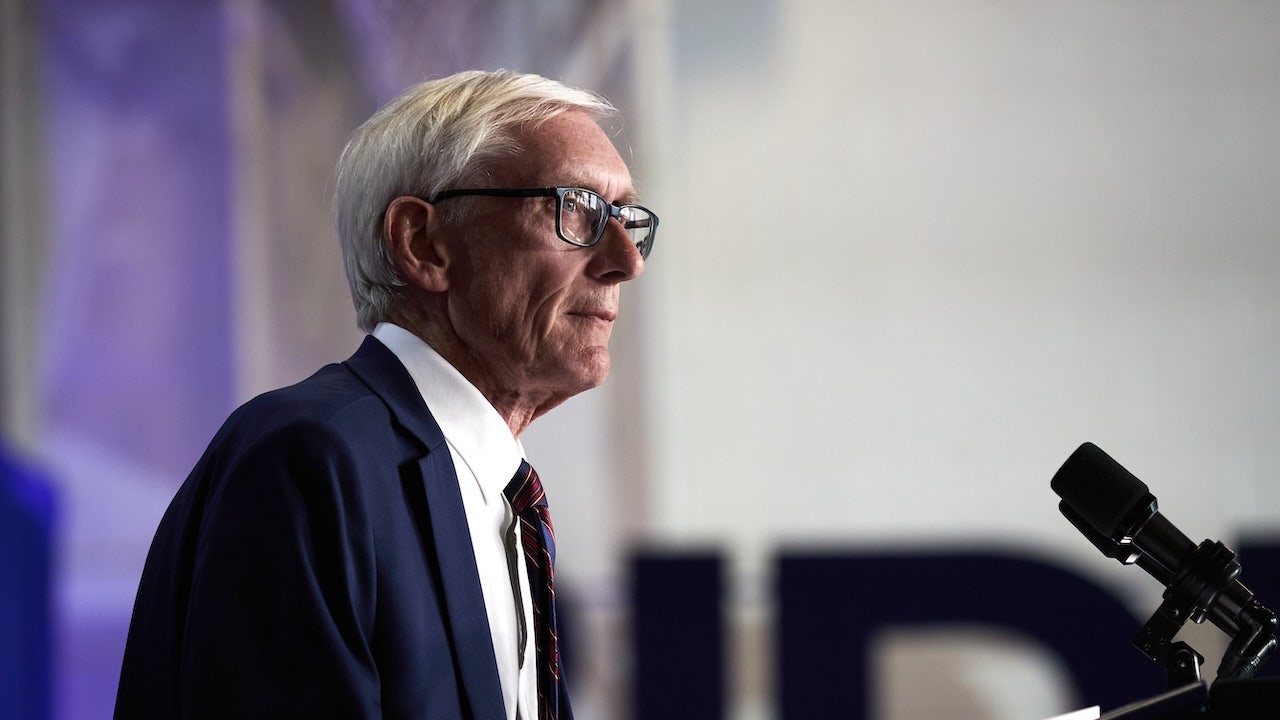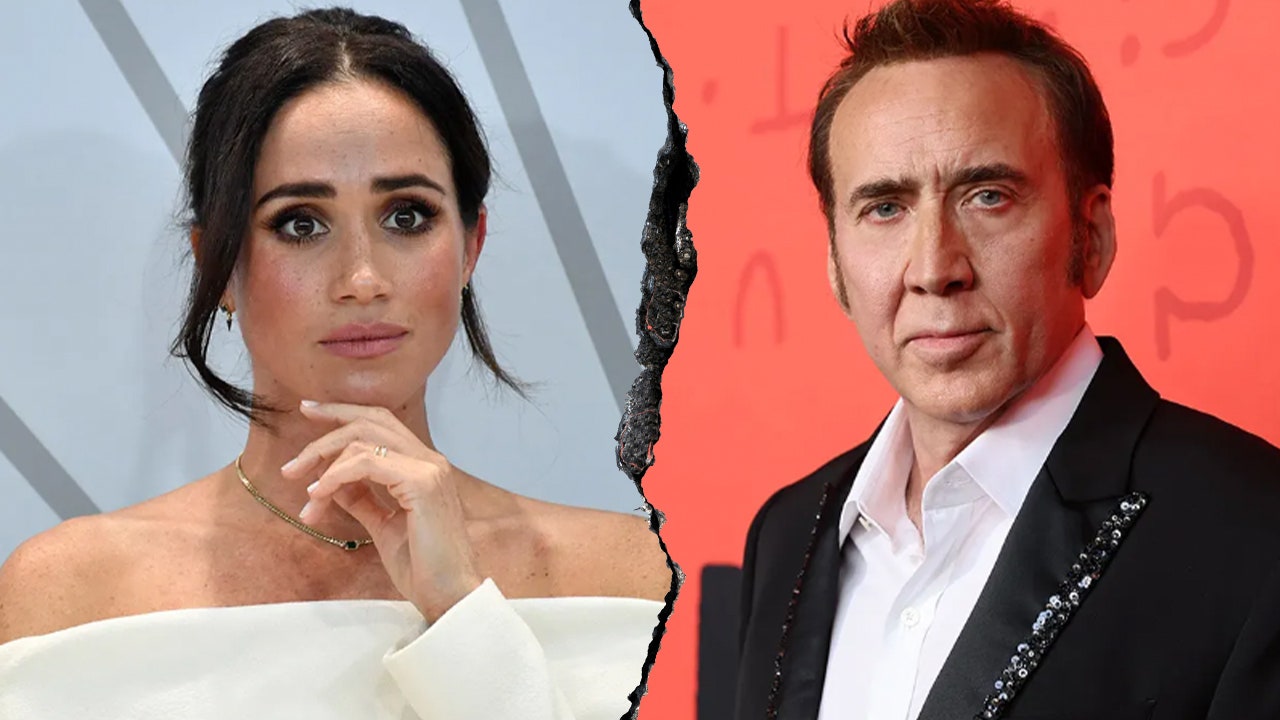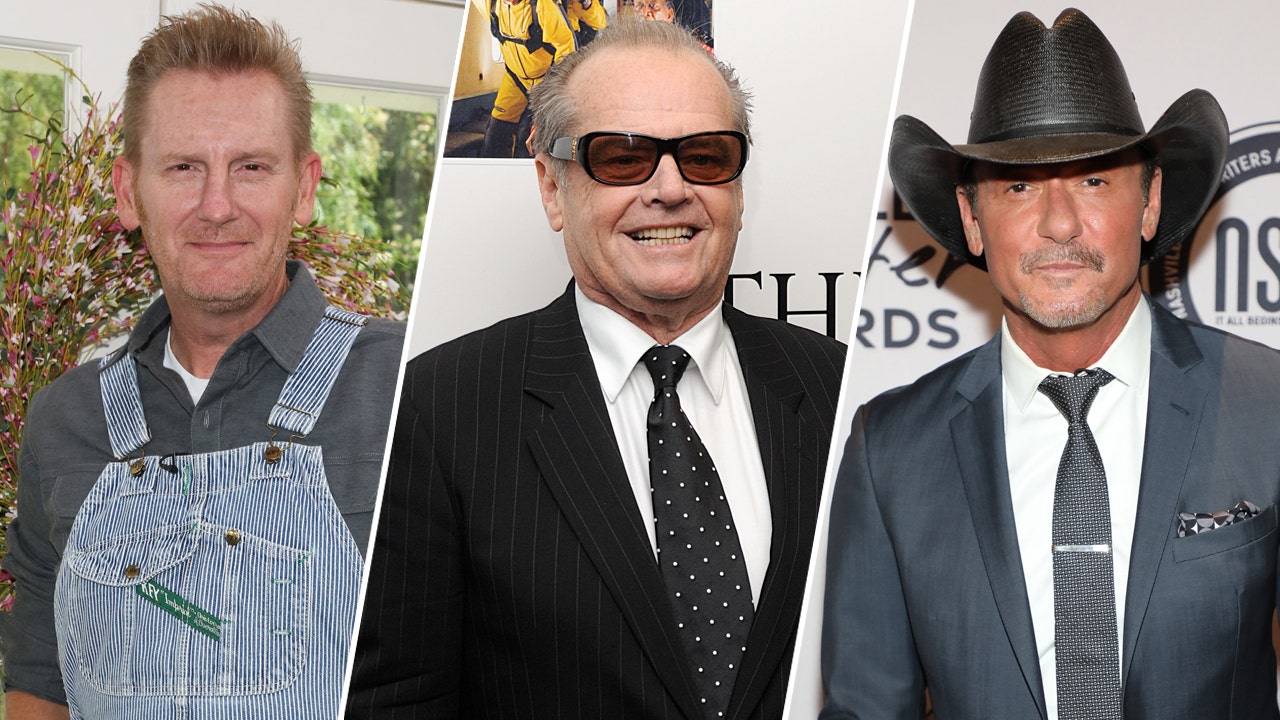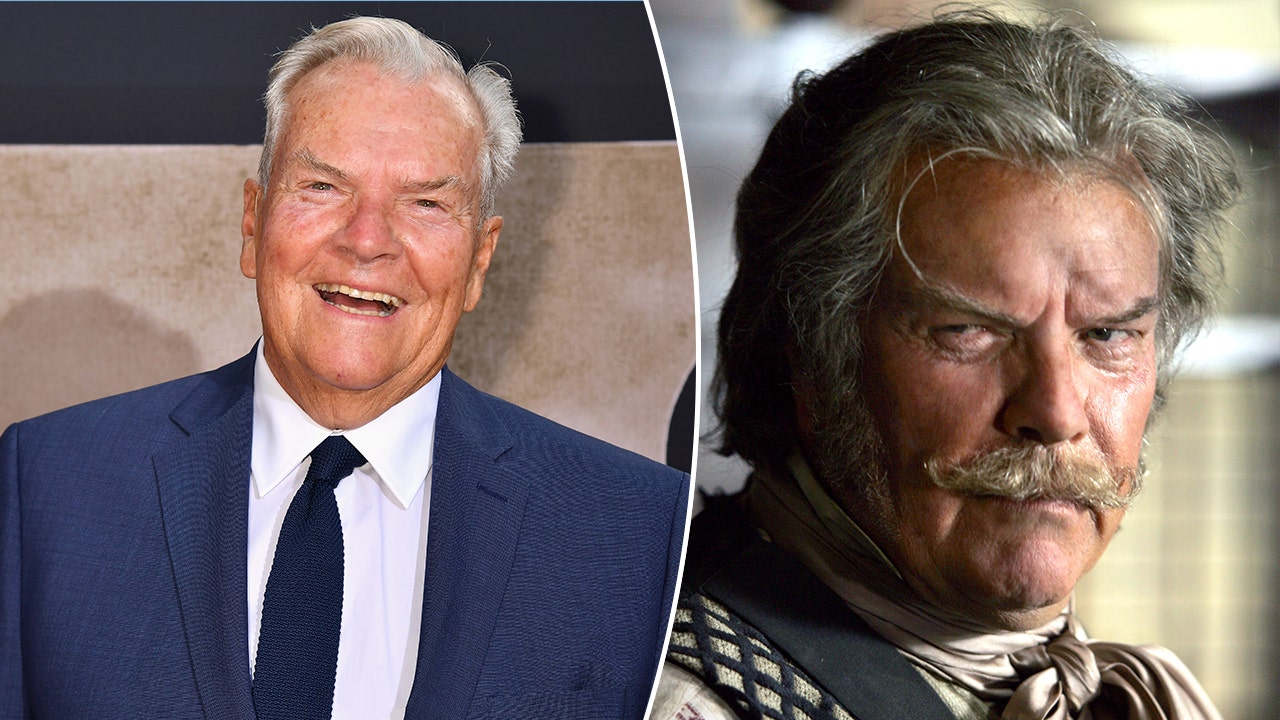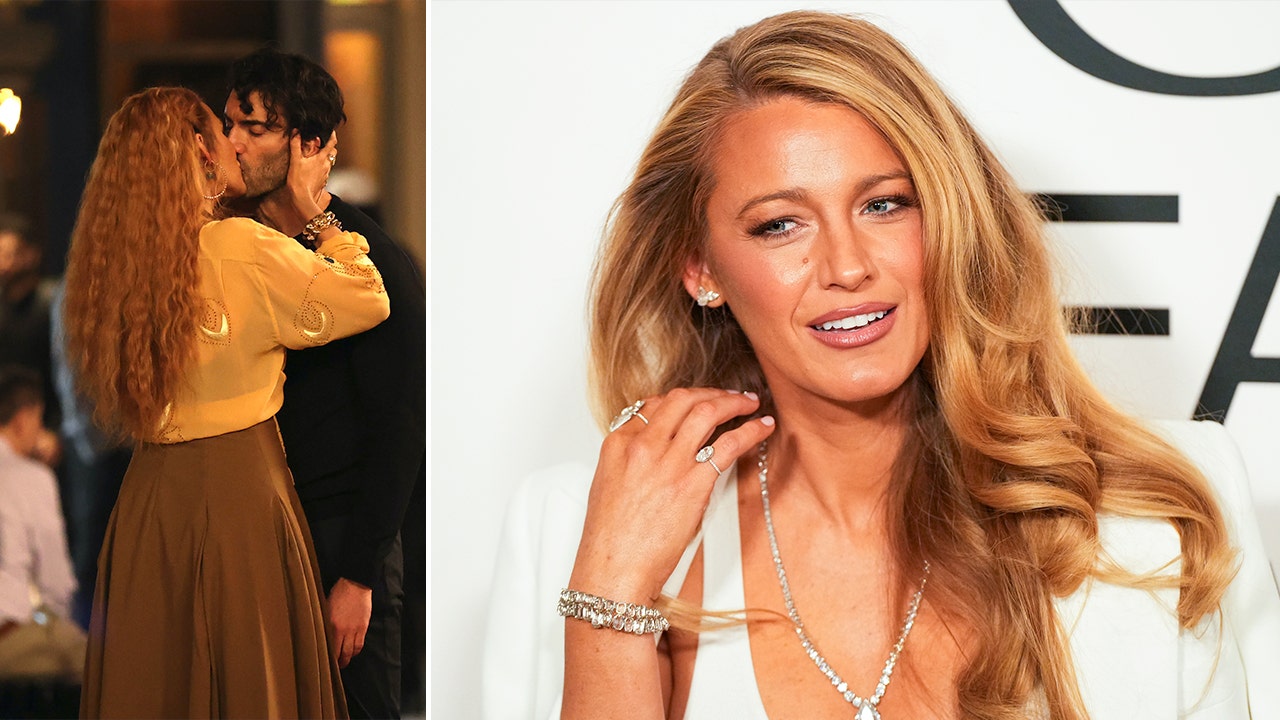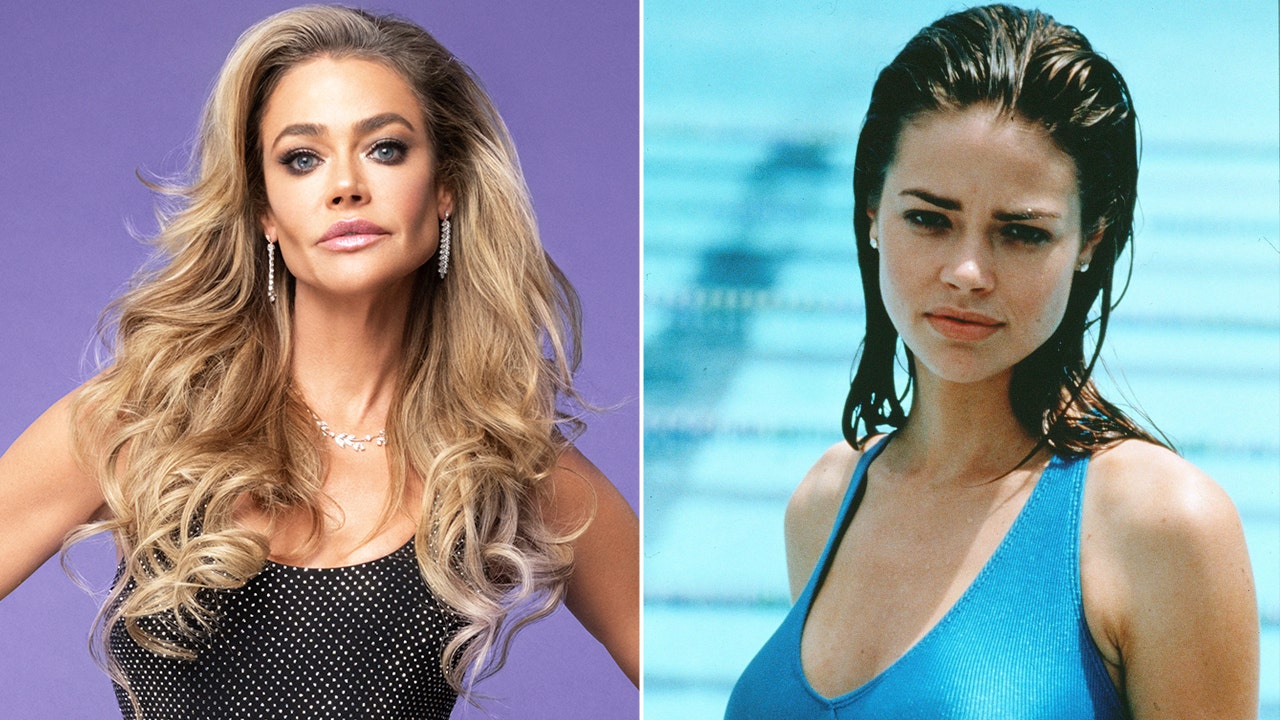Meghan Markle Faces Brand Scrutiny Amid Controversial Allegations
Meghan Markle finds herself in the spotlight once again, this time facing accusations reminiscent of a real-life drama. Accused of creating a visual identity that mirrors the Spanish coat of arms, Markle’s recent rebranding efforts have sparked a lively discussion. Critics argue that her choices reflect a pattern of homage rather than genuine innovation, presenting an ironic twist in her quest for individuality.
A Layered Narrative of Public Figures and Legal Wrangling
In a separate yet equally captivating narrative, Nicolas Cage’s ex-wife has taken legal action against him. The allegations concern their son Weston, who is reportedly embroiled in troubling circumstances. While Cage has typically navigated the Hollywood landscape with a charismatic flair, the gravity of the situation raises questions about parental responsibilities and the challenges of fame.
Meanwhile, Denise Richards, notable for her role in ‘Wild Things,’ receives support from her children regarding her audacious venture into the world of OnlyFans. As society shifts toward acceptance of adult content, Richards’ choice highlights the evolving discourse around personal branding and self-exploration—an element often scrutinized in public figures.
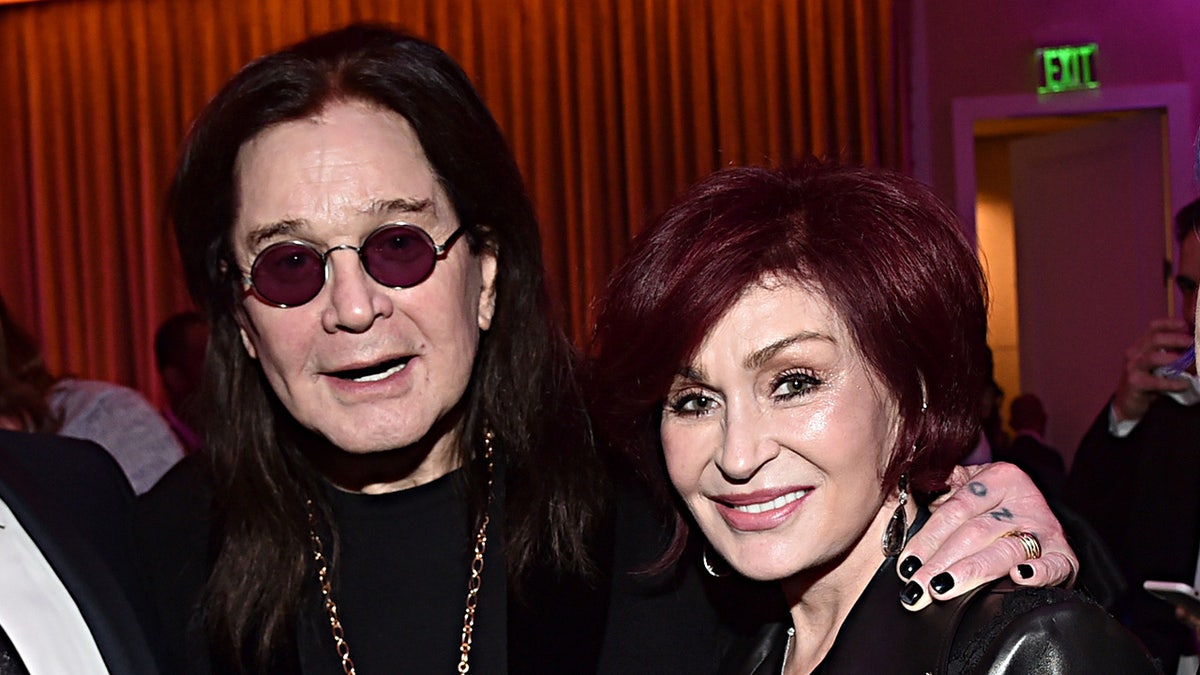
Sharon Osbourne recently reflected on her journey with husband Ozzy, revealing what she considers the “biggest mistake” in their marriage. Her candidness, shared through various media outlets, opens a door to deeper discussions about love, regret, and the lessons learned through decades of public life.
In another corner of the entertainment world, the seemingly innocent facade of ‘The Andy Griffith Show’ holds surprising treasures. A lesser-known connection among its cast members—a delightful piece of trivia—serves to remind audiences of the intricate web of relationships that underpin classic television.
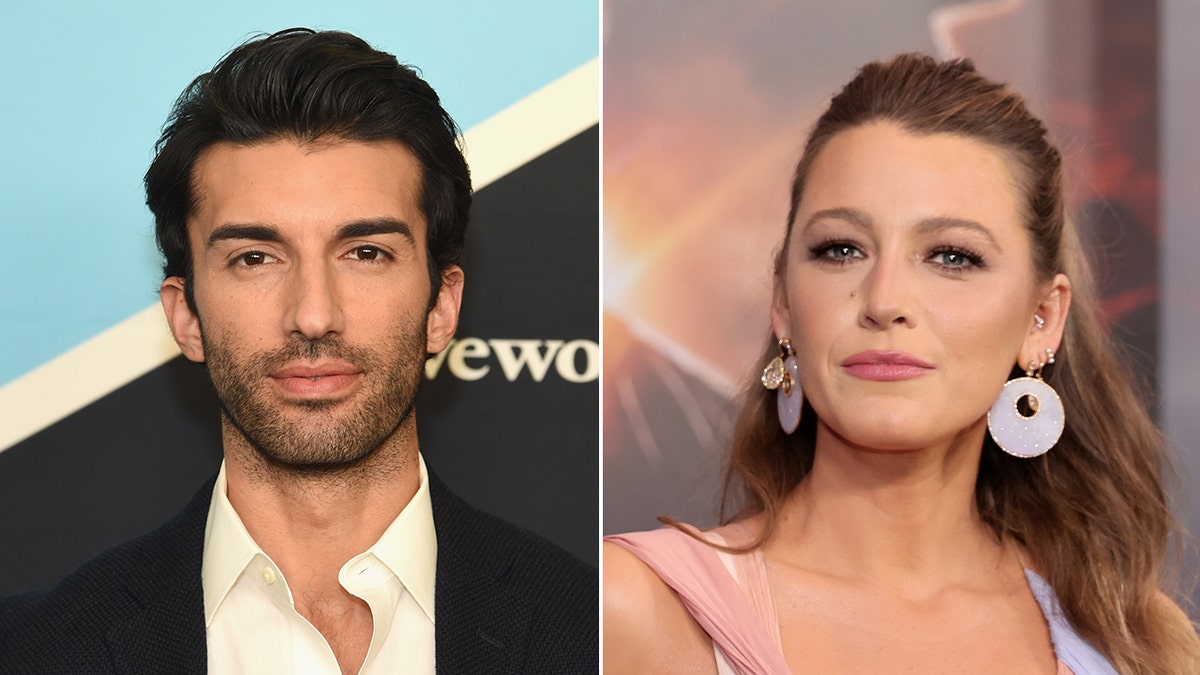
As the dramatic legal saga involving Blake Lively and Justin Baldoni unfolds, new accusers have emerged, potentially shifting the trajectory of the case. This adds an additional layer of intrigue, not just within the courtroom but in public perception, showcasing how swift changes can impact reputations built over years.
Amidst this whirlwind, Harrison Ford stands firm against the rising tide of artificial intelligence, asserting, “AI cannot steal my soul.” His words resonate as a metaphor for authenticity in a world where the line between real and artificial becomes increasingly blurred.
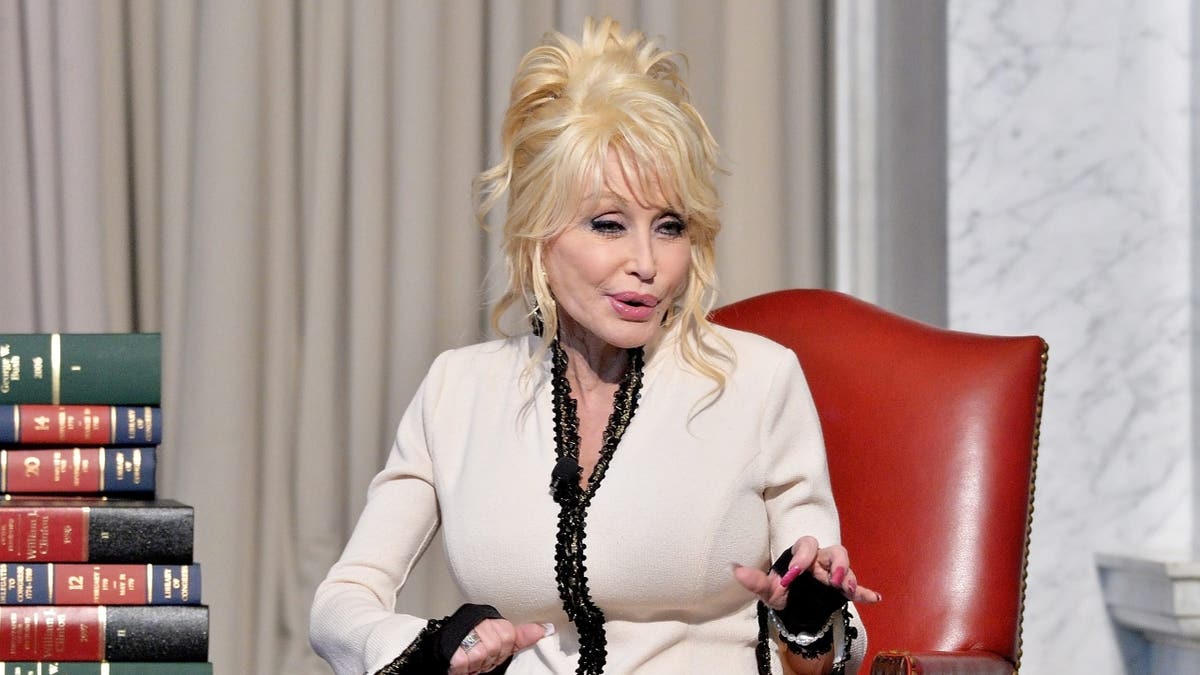
Dolly Parton, the beloved country music icon, is advocating fiercely for the continuation of her Imagination Library initiative in Indiana. Her call to action not only champions childhood literacy but also illustrates the intersection of fame and community service—a vital reminder that public figures can wield considerable influence beyond entertainment.
Meanwhile, Hilaria Baldwin has taken a stand against accusations alleging she feigns a Spanish accent. In these times of heightened sensitivity surrounding cultural identity, her response ignites discussions about authenticity and appropriation, emphasizing the delicate balance public figures must maintain.
The unfolding narratives in Hollywood reflect more than just celebrity gossip; they delve into the complexities of identity, responsibility, and the human experience itself. Through these stories, one finds a tapestry that weaves together humor, tragedy, and the quiet yet powerful echoes of personal truth in the cacophony of fame.
YouTube
X, formerly Twitter



